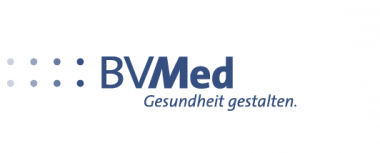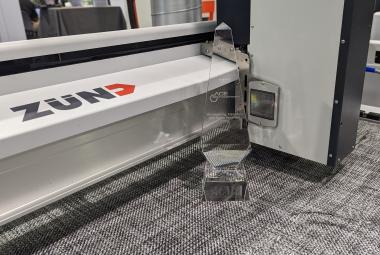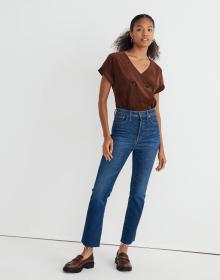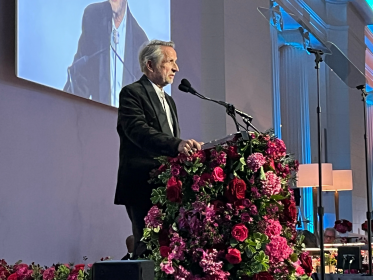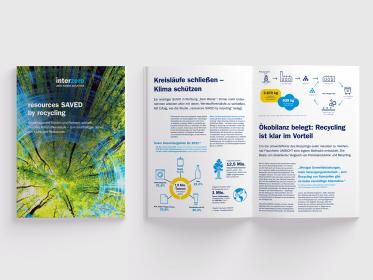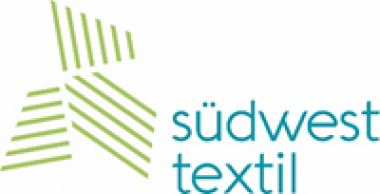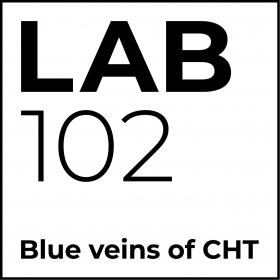and wander and adidas terrex present their outdoor collection
Inspired by this innate desire to experience nature and a shared vision, adidas TERREX has teamed up with fashion-forward Japanese outdoor label and wander on a collection that will take hikers from city centre to mountain top (and back again) in style.
Since its inception, adidas TERREX has focused on providing people with the clothing and apparel they need to realize their individual goals in the outdoors and enjoy the benefits of nature.
Tokyo designers Keita Ikeuchi and Mihoko Mori, meanwhile, launched their own outdoor label and wander in 2011 to bring more creativity to outdoors wear. By pairing high-fashion design with the practical requirements needed for adventure, theirs is a modern approach to apparel that works both in the wild, and on the streets.
Together, adidas TERREX and and wander have collaborated on a multi-seasonal collection that ties these philosophies together to help people enjoy more outdoors experiences.
With a striking visual update, the lightweight TERREX Free Hiker 2 offers grip on a range of surfaces, and a responsive BOOST midsole that delivers incredible energy return. With a breathable upper and a sock-like fit that adapts to every step, this supportive shoe made in part with Parley Ocean Plastic is ready for adventure, anywhere.
With the TERREX Free Hiker 2 taking care of the feet, the TERREX XPLORIC and wander COLD.RDY Down Jacket is a functional essential with eye-catching design. COLD.RDY insulating material help keep the warmth in, while prominent TERREX x and wander reflective prints on the jacket and detachable hood help it stand out. With an array of pockets and adjustable features for the right fit, this versatile jacket’s natural habitat is everywhere. It’s also made in part with recycled materials.
adidas TERREX x and wander graphics and reflective detailing have been worked into the rest of an adventure-ready outdoor clothing collection that also includes a TERREX Fleece Jacket, loose-fit unisex TERREX Graphics Hoody and TERREX Pants.
Also available in the adidas TERREX x and wander collection are breathable Merino Wool Hiking Socks made with COLD.RDY technology for snug hiking , a quilted Winterized Bucket Hat, and a lightweight AERO.RDY Hiking Backpack that is loaded with features to look after outdoor essentials.
adidas AG






